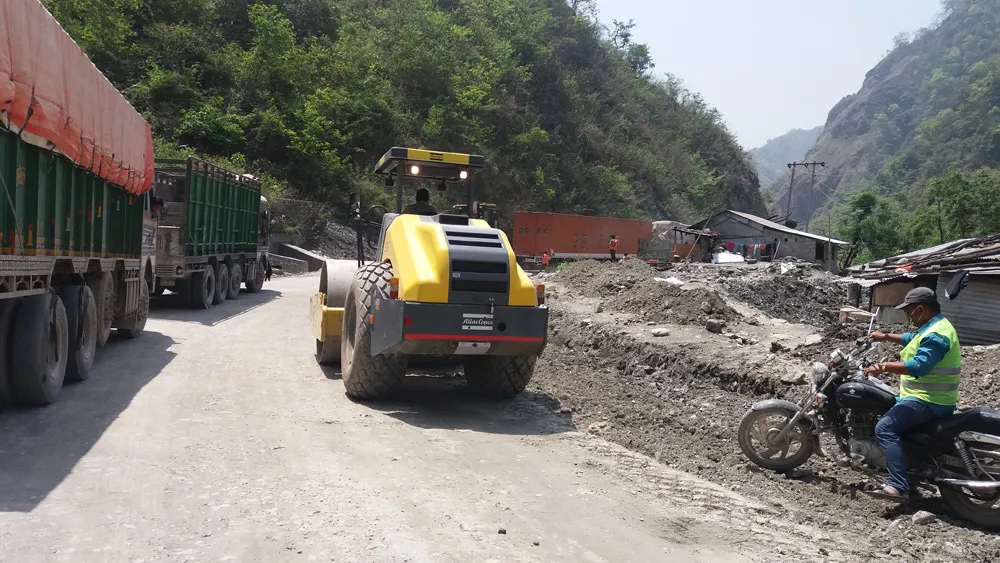A study into new technologies by The Virginia Tech Transportation Institute (VTTI) in the US reveals that advanced video systems could cut crashes. VTTI’s report analysed collisions involving heavy trucks and buses and found that Lytx’s video-based driver safety system could save lives and reduce injuries. The study concluded that heavy trucks and buses using the DriveCam powered by Lytx Program could reduce fatalities, collisions and injuries. “If driver behavior is the primary reason for traffic crashes,
May 13, 2014
Read time: 3 mins
A study into new technologies by The Virginia Tech Transportation Institute (VTTI) in the US reveals that advanced video systems could cut crashes. VTTI’s report analysed collisions involving heavy trucks and buses and found that Lytx’s video-based driver safety system could save lives and reduce injuries. The study concluded that heavy trucks and buses using the DriveCam powered by Lytx Program could reduce fatalities, collisions and injuries. “If driver behavior is the primary reason for traffic crashes, then approaches that pinpoint and focus on reducing risky driving behavior are likely to be the most effective in reducing crashes,” said Dr Jeffrey Hickman in the study. “Motor vehicle crashes are often predictable and preventable. Yet, many drivers choose to behave in ways that put themselves and others at risk for a vehicle crash and/or serious injuries. The most efficacious onboard safety monitoring systems use in-vehicle video technology to gather driving behaviors that can be addressed and corrected, reducing future crash risk.”
“The results of this study underscore our mission - we harness the power of video, predictive analytics and cloud technologies to prevent collisions, save lives and transform businesses,” said Brandon Nixon, Lytx chairman and CEO. “Someone dies in a vehicle collision in the US every 15 minutes. The sad truth is that 90% of these tragedies are due to human error and are avoidable. We’re dedicated to using our technology to help professional drivers adopt safer driving habits and measurably reduce the risk that is happening on our roads every day.”
The study, which was commissioned by Lytx, was conducted by Jeffrey S Hickman, the group leader for the Behavioral Analysis and Applications Group under the Center for Truck and Bus Safety at the Virginia Tech Transportation Institute, reviewed data reported from the4170 Federal Motor Carrier Safety Administration and the 2467 National Highway Traffic Safety Administration. The study quantitatively evaluated the potential safety benefits of equipping all United States trucks and buses with Lytx’s DriveCam Program by using a large national crash database called the General Estimates System (GES). The GES database included information about the vehicle, injuries and fatalities, violations, and contributing factors for a sample of crashes during calendar years 2010 to 2012.
The report suggests that 801 lives could be saved by such technology (a drop of 20%), preventing 25,007 collisions a drop of 35%) and preventing some 39,066 injuries (a drop of 36%).
“The results of this study underscore our mission - we harness the power of video, predictive analytics and cloud technologies to prevent collisions, save lives and transform businesses,” said Brandon Nixon, Lytx chairman and CEO. “Someone dies in a vehicle collision in the US every 15 minutes. The sad truth is that 90% of these tragedies are due to human error and are avoidable. We’re dedicated to using our technology to help professional drivers adopt safer driving habits and measurably reduce the risk that is happening on our roads every day.”
The study, which was commissioned by Lytx, was conducted by Jeffrey S Hickman, the group leader for the Behavioral Analysis and Applications Group under the Center for Truck and Bus Safety at the Virginia Tech Transportation Institute, reviewed data reported from the
The report suggests that 801 lives could be saved by such technology (a drop of 20%), preventing 25,007 collisions a drop of 35%) and preventing some 39,066 injuries (a drop of 36%).








